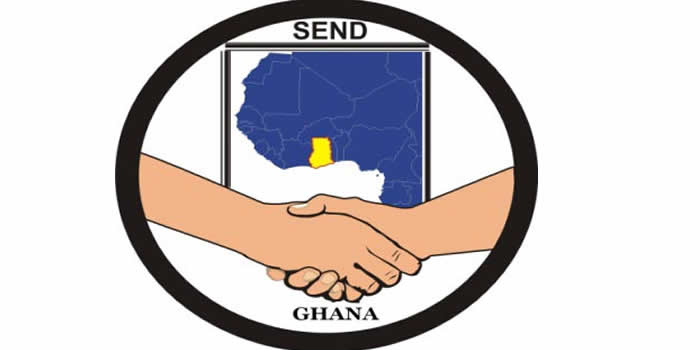Adverts
EDUCATION
YENDI: SEND Ghana, stakeholders dialogue on Childhood Education Research Findings
SEND Ghana, a non-governmental organization, has held a dialogue session with stakeholders in Yendi Municipality in the Northern Region to discuss its research findings on Early Child Hood Education and the way forward.

Date Created : 5/16/2018 2:55:51 AM : Story Author : Ahmed Hussein/Ghanadistricts.com
Mr. Richard Bekyieriya, a field officer of SEND Ghana, who presented the findings to the stakeholders observed that 16.5 percent of kindergarten schools in thirty Districts in the country practiced open defecation.
He also stated that 22.9 percent of KGs did not have access to potable water of which 69.2 percent of these schools are public schools. The dialogue session was under the theme, “Education for all: Is Ghana leaving KGs behind?”
According to him, the purpose of the workshop was to share with them a research findings of a project, Dubbed making the Budget work for Ghana funded by World Bank Global Partnership for Social Accountability with the objective of improving access and quality of service in health and educational sectors.
The meeting was also to look at the challenges facing basic education especially kindergartens and to see how best to address those challenges. He added that the research was conducted to assess the quality of education in thirty Districts in four regions, namely Northern, Upper East, Upper West and Greater Accra Regions.
Taking Participants through the findings, the field officer stated that kindergarten education was in the past mostly private sector led, found in the cities and very expensive. He said Government recognized them as foundation for future development of a child in 2003.
He observed that it was until 2007, under the educational reforms that basic education was redefined to include kindergarten and made part of public education system and awareness was created and encouraged parents to send their children of four to five years to school.
On access to enrolment, the research revealed that 20.5 percent of 4 and 5 years old were not enrolled in pre-school in spite of increased between 2010 / 2011 and 2015 /2016 academic years. It also findings also revealed that kindergarten enrollment rose to 90.8% in 2013 /2014 and decline to 79.5% in the 2015 /2016 academic year.
On distance, the report indicated that 1.7% of kindergartens were located far away from communities, more than 3km walking distance approved by Ghana Education Service.
On infrastructure, it was realized that 14.4% of Kindergarten did not even had class room buildings let alone met standard size and structure.
He stated that KGs that did not have classrooms organized their classes under streets, sheds or pavilions.
On toilet facilities, the study revealed that 32.2 percent of kindergartens lack toilet facilities especially in the Upper West Region and 31.6 percent of schools did not have urinal facilities.
The research also revealed that 32 percent of the private schools were not accredited. In the area of teacher quality it was found that 49% of kindergarten teachers were untrained and the situation was worst in private kindergartens where about 76% to teachers were untrained exceeding GES target of 5% of untrained teachers in KGs.
SEND Ghana in their recommendations have appealed to GES to ensure that all qualified private KGs were accredited before allowed to operate. GES must also monitor to ensure that KGs especially private ones keep to standards. Ministry of Education should also create training models that allow untrained teachers in the field both (private and public) the opportunity to upgrade their skills on how to convey the right content to KG pupils.
Participants were drawn from civil society organizations, Heads of Departments, Ghana Educations Service Staff, especially Municipal Directors of Education, Municipal Assembly staff, affected schools both public and privates schools and people with disability and some heads teachers of some basic schools.


 facebook
facebook twitter
twitter Youtube
Youtube TOLL FREE 0800 430 430
TOLL FREE 0800 430 430 +233 593 831 280
+233 593 831 280 GPS: GE-231-4383
GPS: GE-231-4383 info@ghanadistricts.com
info@ghanadistricts.com Box GP1044, Accra, Ghana
Box GP1044, Accra, Ghana